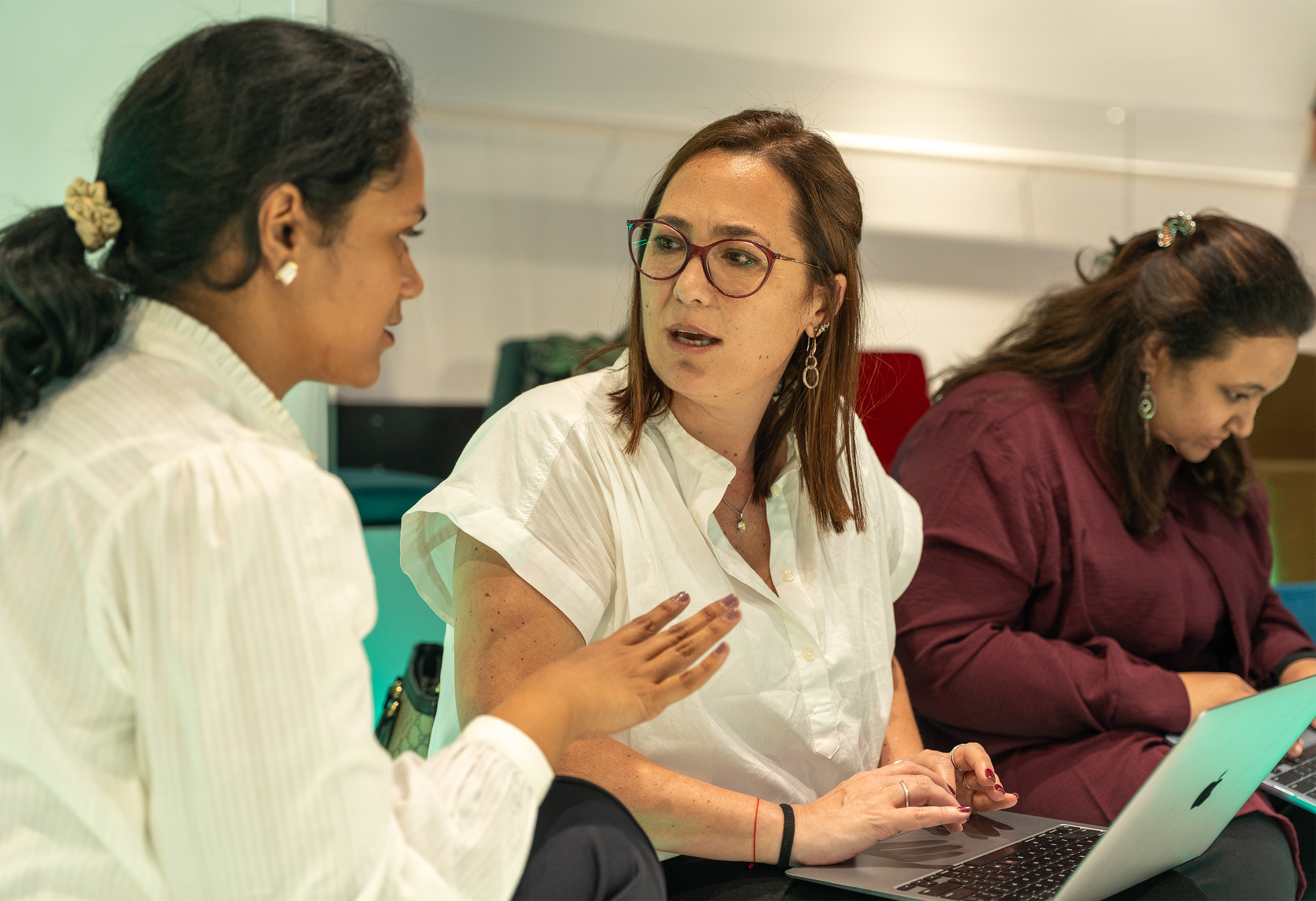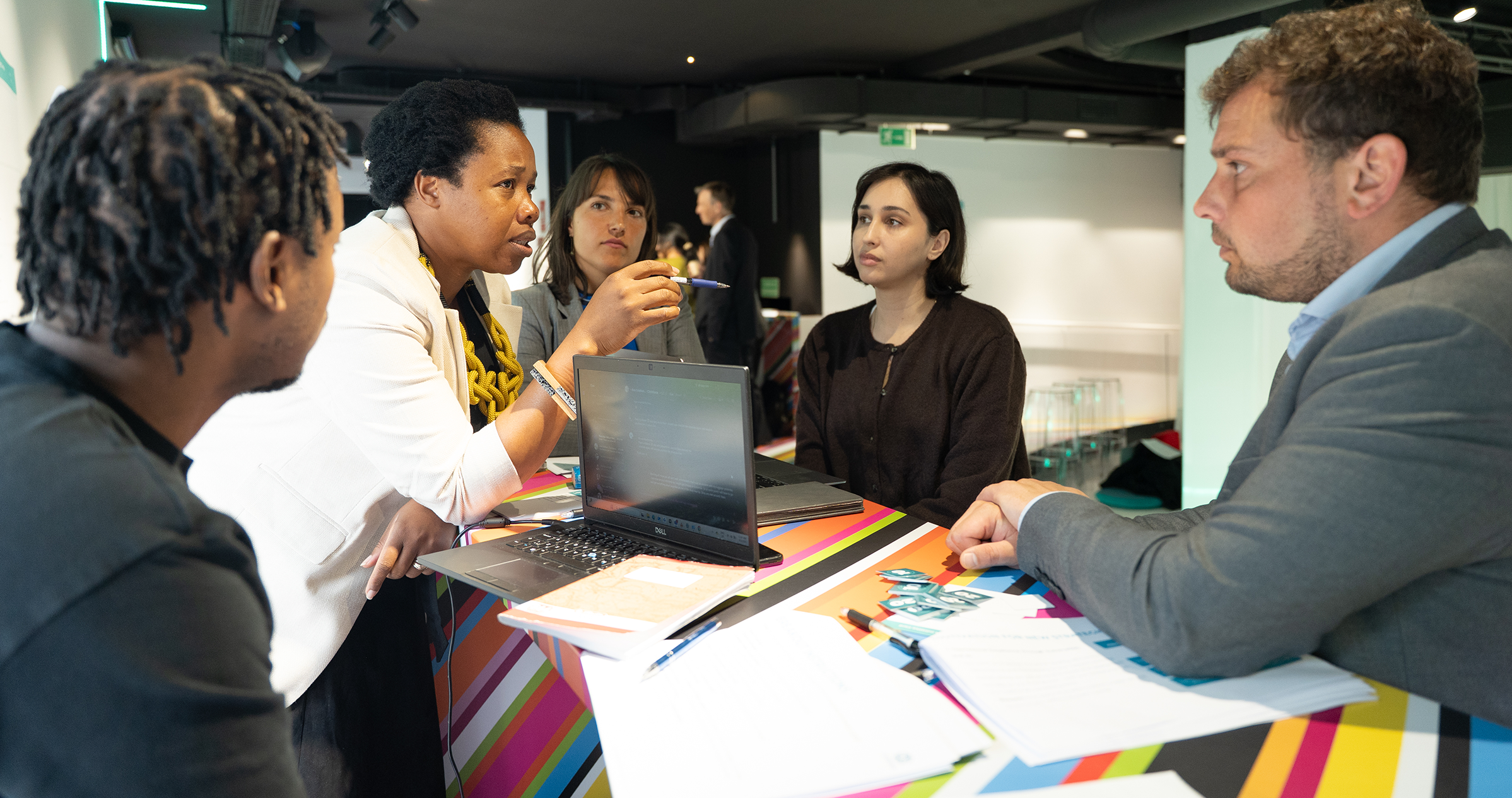Managing the human factor: Navigating challenges in patient interviews

Patient interviews are an integral part of gathering patient experience data in clinical trials. However, the process comes with certain challenges. Unexpected obstacles can arise, and data collection can be affected by factors like limited access to participants, reluctance of participants to engage, unforeseen participant behaviors, or the sensitivity of topics explored during interviews. Luckily, many of these difficulties can be managed with thoughtful preparation and appropriate systems.
This article outlines approaches and strategies that help navigate the complexities associated with the “human factor” in patient interviews for clinical trials.
When disease interrupts: Handling patient interview crises
When working in the context of clinical trials, health crises can arise unpredictably during patient interviews, making it essential for interviewers to remain calm, empathetic, and adaptable. In one trial, for example, a participant managing a neurological condition suffered a seizure mid-conversation. The line suddenly went silent, and the call was disconnected, so the interviewer dialed back to check what had happened. The participant’s husband answered, explained the situation, and assured the interviewer that his wife was recovering. The interviewer maintained a calm and compassionate demeanor, making it clear that the participant's health was the priority. The following day, the participant herself reached out to the team, expressing her desire to reschedule the interview and continue the conversation after she had fully recovered.
To ensure all safety protocols were followed, the team filed a PAE (Potential Adverse Event) report to the clinical site. Additionally, the team contacted the trial site to inform them of the situation and seek their approval for rescheduling the interview for a later date, once the participant felt ready. With everyone aligned, the interview was successfully completed the following week, as the participant remained enthusiastic about supporting the research despite the initial setback.
In another interview, a patient experiencing chronic pain disclosed feelings of suicidal ideation as they described the impact of their condition and the lack of effective treatment. The interviewer, responding with empathy, gave the patient autonomy to either continue or end the session. The patient chose to proceed and shared personal experiences in a supportive environment. Following the interview, the patient's suicidal ideation was immediately reported as a potential serious adverse event to the patient’s own investigator through the appropriate secure channels to facilitate follow-up measures. Within four hours, the investigator confirmed that he had taken appropriate measures to ensure the safety of the patient as per protocol.
These scenarios emphasize the need for interviewers to be trained in handling emergencies with sensitivity and professionalism while gathering patient experience data. They also highlight the importance of maintaining open communication and prioritizing patient well-being to ensure ethical and effective engagement in clinical research.
Real-time problem solving: Managing unexpected patient interview challenges
In clinical trials, unforeseen obstacles can sometimes derail even the best-laid out patient interview plans. Challenges may range from site visits taking longer than expected, to interviews inadvertently scheduled in the wrong time zone, to last-minute emergencies affecting participants.
For instance, in one trial, a patient missed their scheduled interview because their clinical site visit ran longer than anticipated. The team followed up with the participant, and the interview was rescheduled for a more suitable time. In another case, a participant was unreachable at the scheduled interview time due to a sudden family health emergency. To be considerate of the situation, the team waited a few days before reaching out to inquire about the participant's availability, allowing them time and space to address the crisis before the interview was rescheduled. In both situations, the interviews were conducted successfully in the end, ensuring the participants could still provide their perspectives without causing significant delays to the research timeline.
These scenarios highlight the critical need for flexibility in managing unexpected situations. By remaining adaptable, teams can effectively address challenges in real-time while preserving the integrity and objectives of the study. These experiences also serve as opportunities to improve and refine existing processes.
Key takeaways
In clinical trials, proactive planning is essential to addressing unexpected challenges in patient interviews and turning them into opportunities for growth and improvement. Lessons learned through real-world experiences offer valuable insights, and the process of learning continues. Below are some important principles that have emerged from this work:
1. Preparation is key
Thoughtful preparation is essential for addressing the unpredictable nature of participant interviews. Challenges, such as health crises or logistical disruptions, can arise unexpectedly, and having robust training and systems in place ensures interviewers are equipped to handle these situations professionally.
2. Sensitivity to participant welfare
Participants’ well-being must always take priority during clinical trial interviews. Whether addressing emotional distress or responding to emergencies, maintaining empathy and safeguarding participants' dignity is vital for ethical and effective data collection.
3. Adaptability improves outcomes:
Flexibility in managing unforeseen obstacles, such as rescheduling missed interviews or managing time zone issues, ensures the integrity of the research while respecting participants’ individual circumstances. This adaptability fosters trust and supports the overall success of the trial.
Ultimately, the management of patient interviews in clinical trials hinges on a thoughtful balance between preparation, adaptability, and compassion for patients. Recognizing the “human factor” as a central aspect of this work is key, and it allows researchers to be attuned to participants' individual needs while maintaining the integrity of the patient experience data collection process. By prioritizing participant welfare, responding competently to unexpected challenges, and upholding ethical standards, clinical research teams play a crucial role in fostering trust and advancing meaningful scientific outcomes. Each experience serves not only as a step toward improving patient outcomes but also as an opportunity to refine and improve processes for future studies.






